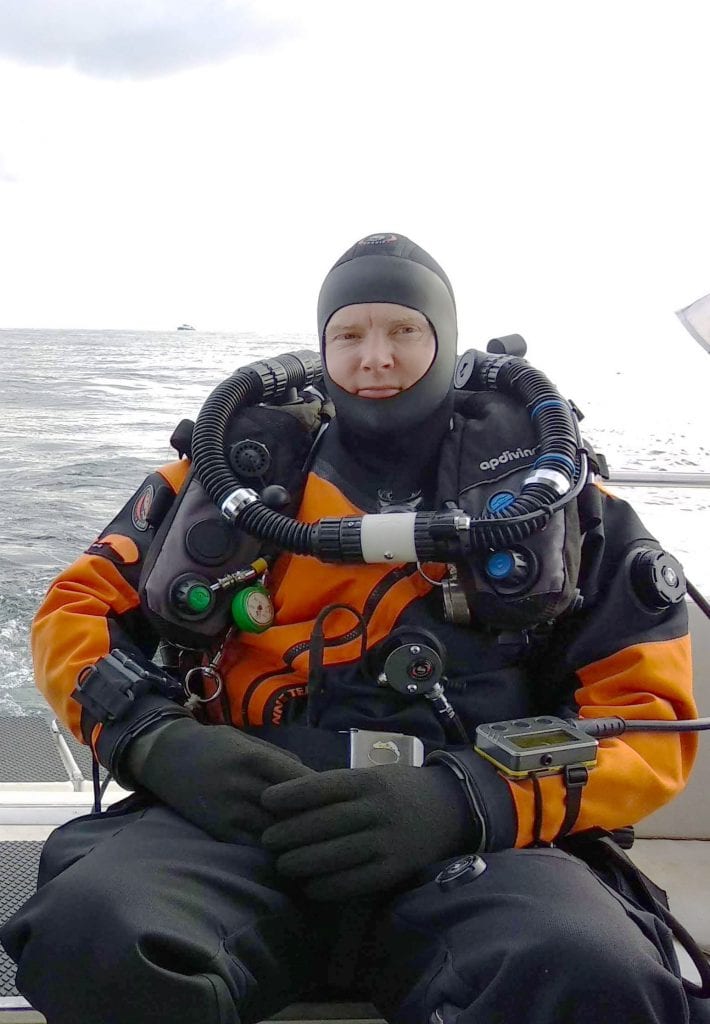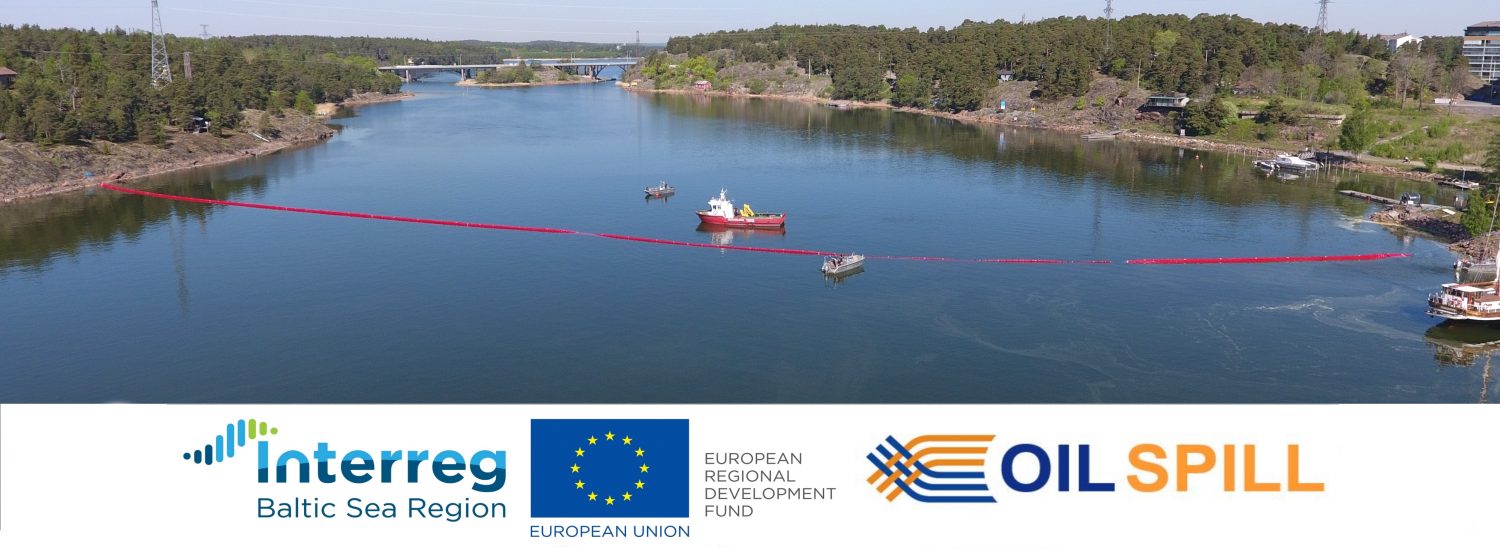OIL SPILL Project Staff in TalTech – Small in Numbers, Major in Expertise (2/2)
In the OIL SPILL project, TalTech Estonian Maritime Academy aims to carry out maritime simulation training in oil spill response in the Baltic Sea Region, especially in shallow waters and coastal areas. We have the expertise in conducting simulator training in oil spills and hazardous substances, as well as search & rescue exercises. Besides the higher education and further training courses, previous co-operation in simulator training has been with the ChemSAR project, Estonian Police and Border Guard, and European Border and Coast Guard Agency.
The OIL SPILL project staff in TalTech, although small in numbers, has extensive knowledge in project management and oil spill response. Kadi Kasepõld, the project manager of OIL SPILL in TalTech, has previously been involved in several EU-projects.
“Although I do not have the background in oil spill response, I try to make it up with the knowledge and experiences gained from previous R&D projects in different fields to enable smooth sailing towards the great outcomes of the OIL SPILL project,” says Kadi, who has a degree in environmental management.

She believes that all efforts to enhance cross-border co-operation between relevant stakeholders in the field lead us towards minimizing the harm to our environment.
“It is great to be welcomed to this ‘family of institutions’ and among people working together towards strengthening the response capability already for several projects in the Baltic Sea Region.”
Ivar Treffner, who joined with the OIL SPILL project in autumn 2019, brought along valued expertise in the field of oil spill response. Ivar has always loved nature and especially the sea. Being an avid diver and a boat skipper for almost 20 years, he has witnessed first-hand the changes for better and worse in the Baltic Sea.
Before joining Estonian Maritime Academy as Head of Maritime Training Centre last September, Ivar worked as Head of Maritime Surveillance Centre (JRCC Tallinn) in Estonian Police and Border Guard Board. One of the four main duties the Centre has is marine pollution detection and coordination of the response. During the eight years Ivar was with JRCC Tallinn, there were quite many incidents with oil spills that needed a quick response and complex solutions to avoid environmental disaster.
Currently, Ivar is engaged in environmental protection mostly by monitoring and evaluating environmentally dangerous wrecks. That includes gathering and analyzing historical data, archive material to determine fuel type, quantity, and the circumstances of sinking along with fieldwork to determine the current condition of the wreck, environmental influences in the area, and other factors. All this information gives a better understanding of the danger the wreck poses to the environment and eventually would help to determine what kind of (if any) action is needed to protect the environment.

Text: Kadi Kasepõld, TalTech Estonian Maritime Academy

Leave a Reply